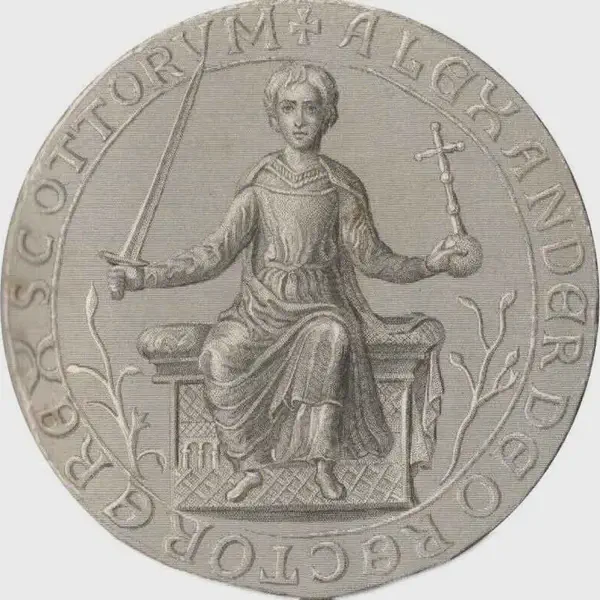
King Alexander I I, died
Alexander II (August 24, 1198 - July 08, 1249), king of Scotland, son of William I, the Lion, and of Ermengarde of Beaumont, was born at Haddington, East Lothian, in 1198, and succeeded to the kingdom on the death of his father on 4 December 1214.
scotland
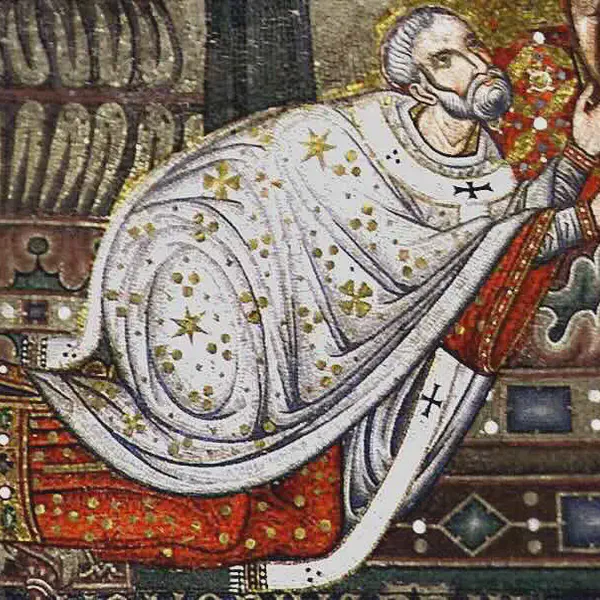
A Bull of Pope Honorius III affirmed the independence of the Catholic Church in Scotland
A papal bull is a type of public decree, letters patent, or charter issued by a pope of the Catholic Church. It is named after the leaden seal (bulla) traditionally appended to authenticate it.
scotland
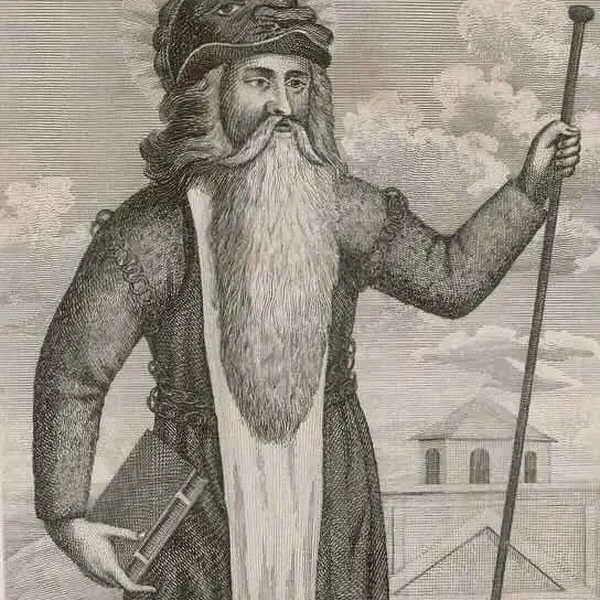
King William I (Lion). died at Stirling
William the Lion, sometimes styled William I and also known by the nickname Garbh, ’the Rough’,(c. 1142 – 4 December 1214), reigned as King of Scots from 1165 to 1214. His 48-year-long reign was the second longest in Scottish history, and the longest for a Scottish monarch before the Union of the Crowns in 1603.
scotland
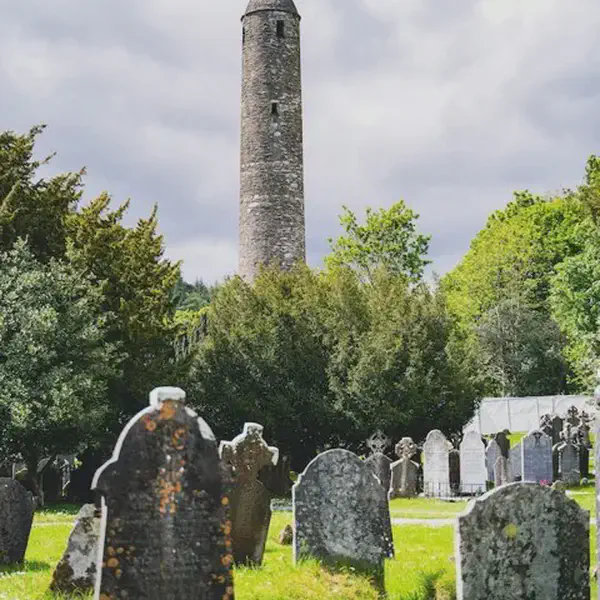
Church's of St Andrew's and Durham struck a deal confirming their respective rights in Scotland and England
The agreement between the churches of St. Andrew’s in Scotland and Durham in England, confirming their respective rights, is an example of medieval ecclesiastical diplomacy that sought to settle jurisdictional and territorial disputes between religious institutions across national boundaries. Such agreements were not uncommon in the medieval period, as the church was a powerful transnational entity with significant influence over both spiritual and temporal matters.
scotland
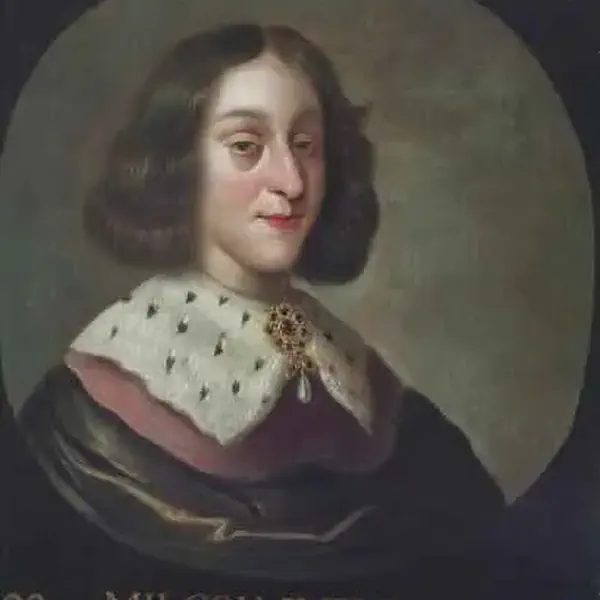
King Malcolm IV, died at Jedburgh Castle
King Malcolm IV, of Scotland, (between 23 April and 24 May 1141 – 9 December 1165) nicknamed Virgo, “the Maiden” Malcolm the Maiden, died at Jedburgh Castle, Roxburghshire, Scotland on December 09, 1165. He was the grandson of David I and became the King of Scotland in 1153 at the age of 12, succeeding his grandfather. He was the King of Scotland until is his death, 1165.
scotland
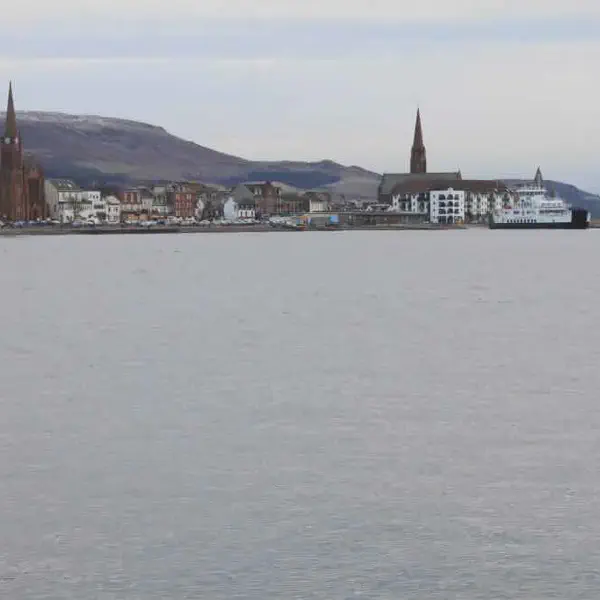
Norse fleet defeated at the Battle of the Epiphany, Scotland
In the 12th century the Norse hold on the Hebrides began to weaken, their sway had lasted 400 years. The collapse of the Vikings (Norse) was accelerated by the rise of Somerled, an Ulster - Scots warrior with the ability of a Genghis Khan. After minor victories over the Norse on land, Somerled managed to crush a fleet of 80 long ships at Epihpany in 1156.
scotland
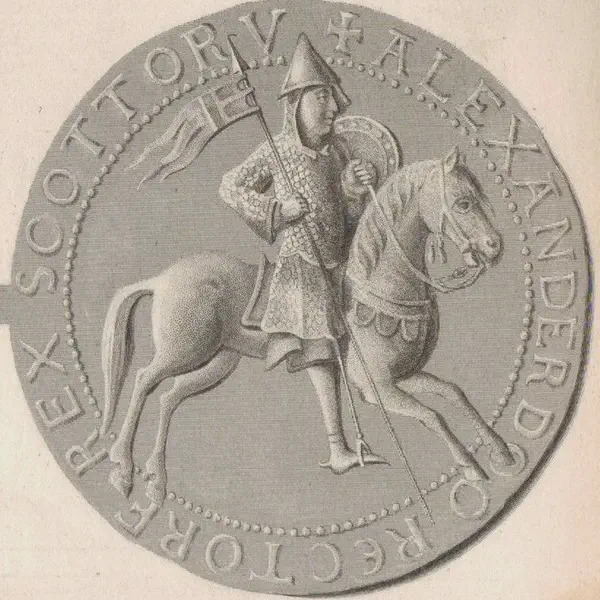
King Alexander I died at Stirling Castle, succeeded by David I.
Alexander I (medieval Gaelic: Alaxandair mac Maíl Coluim; modern Gaelic: Alasdair mac Mhaol Chaluim; c. 1078 – 23 April 1124), posthumously nicknamed The Fierce, was the King of Scotland from 1107 to his death. He succeeded his brother, King Edgar, and his successor was his brother David. He was married to Sybilla of Normandy, an illegitimate daughter of Henry I of England.
scotland

King Alexander I crowned
King Alexander I of Scotland, also known as Alexander I of Alba, was crowned on April 23, 1107. He was the son of King Malcolm III and Queen Margaret, and his reign marked an important period in the history of Scotland. Alexander I ruled as King of the Scots from 1107 until his death in 1124.
scotland
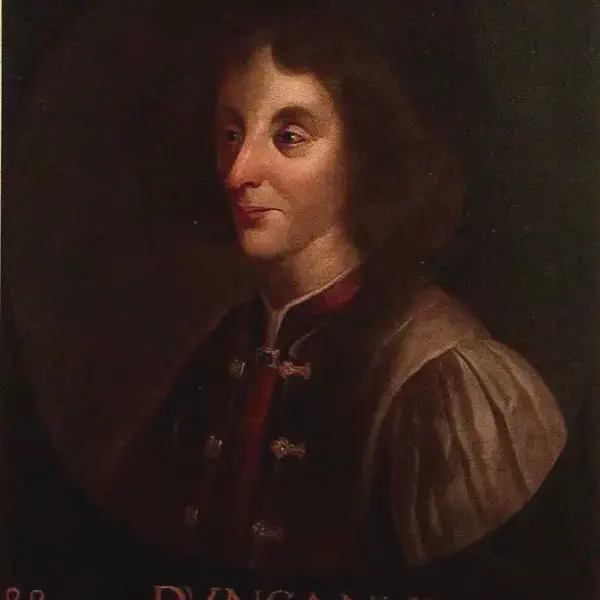
King Duncan II of Scotland, died
Donnchad mac Máel Coluim (Modern Gaelic: Donnchadh mac Mhaoil Chaluim;[a] anglicised as Duncan II; c. 1060 – 12 November 1094) was King of Scots.
scotland